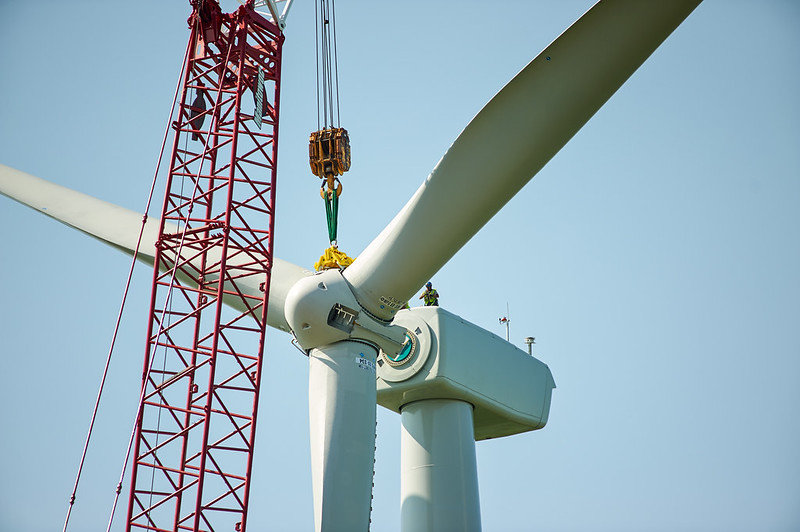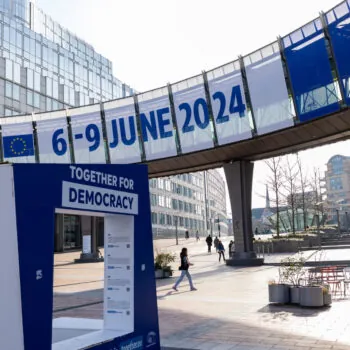The German government is set to announce a major stimulus package in response to the economic downturn caused by the COVID-19 crisis. This stimulus package moves the domestic debate from crisis response and economic stabilization to forward-looking measures to restart and redirect the economy.
In contrast to the polarized discussions in the aftermath of the 2008/09 financial crisis, there is now a broad group of stakeholders including industry groups that are calling on the government to use the stimulus package to also address other challenges, particularly the goal of reaching climate neutrality before 2050. If concrete policy measures and investments are not going in this direction, there is a high risk of creating lock-in effects in fossil industries and deepening the climate crisis.
We argue that only just and green investments will enable a resilient recovery. The German government has recognized this rhetorically but still lacks ambition on concrete action.
Figure 1: Three interdependent stages for emerging from an economic crisis.
In early April, E3G published an in-depth analysis of the three-stage framework commonly used to describe the way out of an economic crisis. Referring to US President Franklin D. Roosevelt’s concept of “Relief – Recover – Reform” we suggested an interdependent model with three stages, “Stabilize – Stimulate – Structure” (see figure 1, above). Germany has for now succeeded in navigating the stabilization stage and is moving towards the stimulus and structure phases which offer more room to also shape climate outcomes.
In the immediate crisis response, the government has mobilized significant amounts of money, providing grants and loans to the companies and people most affected. Altogether, Germany has so far committed support worth more than €1.1 trillion which accounted for 47% of all the state aid that was distributed in the European Union as of May. Overall, there has rightly been little debate regarding conditionalities attached to this immediate liquidity support.
The room and necessity to shape climate outcomes are however much larger in the second stage. It is important that this stimulus is directed towards activities that create value in the medium and longer term and are resilient to future economic shocks, including measures to establish a prosperous green economy. Environment Minister Schulze has already taken a clear stance on the need for a climate-friendly recovery when she presented a green recovery concept in late May. Such a green recovery is supported by not just environmental actors but also by the Economy Ministry’s Advisory Council, trade unions, and major industries.
An analysis of stimulus concepts proposed by various stakeholders shows that there is almost unanimous agreement on the important role of energy efficiency measures as part of a green recovery, as well as on the support of key technologies such as green hydrogen and e-mobility. In addition, the government agreed on improving the regulatory framework for solar PV and onshore wind after long-lasting discussions – a key step to secure employment in renewable industries and reboot the energy transition.
However, while the EU level – with the Recovery Fund and European Green Deal – sends tentative positive signals for a green recovery, the German government so far lacks ambition on most concrete sectoral measures such as the bailout of Lufthansa which only has weak green conditionalities attached. Stronger green requirements, for example through compliance with the EU’s sustainability taxonomy, as well as targeted funding to support and accelerate a just transition in affected industries could bring Germany on the path towards climate neutrality and long term competitiveness in currently high-emitting sectors.
Moving forward, the German government must not only focus recovery efforts on forward-looking measures, but also shape the debate on resilient political, social and economic structures to prepare for other crises.
The joint initiative by President Macron and Chancellor Merkel points in the right direction but Germany will have to prove during its EU Council presidency that it drives the European Green Deal as the central framework for recovery and the future of Europe. The current recovery efforts will shape our economies for years to come, and this time we must get it right to protect and prepare people and communities for the future.


